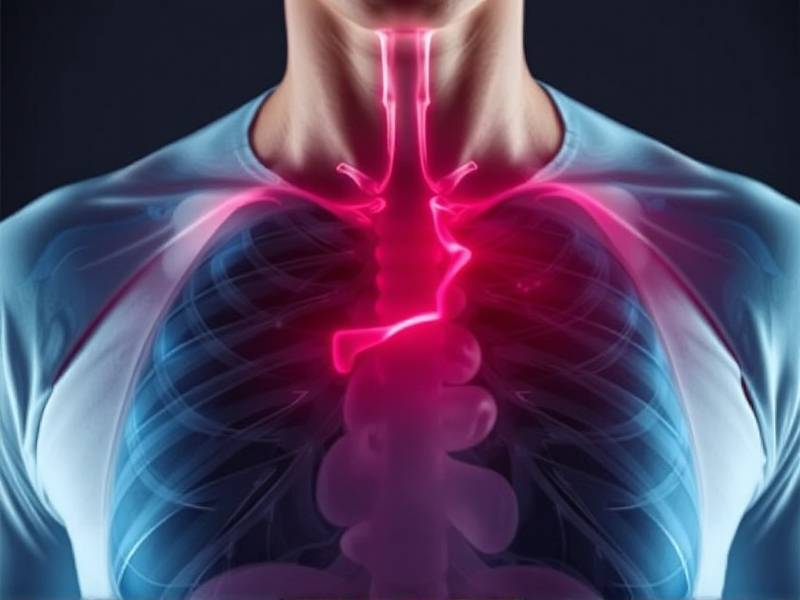Will Quitting Smoking Really Stop Chest Pain?
Will Quitting Smoking Really Stop Chest Pain?
Introduction: Chest pain is a common concern among smokers, often triggering worry and anxiety. One of the most frequently asked questions is whether quitting smoking can truly alleviate chest pain. In this article, we will explore the relationship between smoking and chest pain, and provide insights into how quitting smoking can potentially help alleviate this discomfort.
- Understanding Chest Pain Chest pain can be caused by various factors, including heart conditions, musculoskeletal issues, and respiratory diseases. While smoking itself is not the direct cause of chest pain, it can exacerbate certain conditions that contribute to this discomfort.
1.1 Heart Conditions Smoking is a significant risk factor for heart diseases such as coronary artery disease (CAD). CAD occurs when plaque builds up in the arteries that supply blood to the heart muscle. This plaque can lead to chest pain or angina, which is often described as a tightness or pressure in the chest.

1.2 Musculoskeletal Issues Smokers are also more susceptible to musculoskeletal issues like rib fractures or muscle strain due to weakened bones and muscles caused by nicotine consumption.
1.3 Respiratory Diseases Chronic obstructive pulmonary disease (COPD) and asthma are two common respiratory diseases that can cause chest pain in smokers. These conditions are exacerbated by smoking, leading to increased inflammation and mucus production in the airways.
- The Role of Smoking Cessation Quitting smoking has numerous health benefits, including reducing the risk of developing various diseases associated with tobacco use. When it comes to chest pain, quitting smoking can play a crucial role in alleviating discomfort.
2.1 Heart Conditions By quitting smoking, individuals reduce their risk of developing CAD and other heart-related conditions that may cause chest pain. Over time, blood vessels begin to repair themselves, improving blood flow to the heart muscle.
2.2 Musculoskeletal Issues Quitting smoking also helps improve bone density and muscle strength, reducing the likelihood of experiencing rib fractures or muscle strain-related chest pain.

2.3 Respiratory Diseases Stopping smoking can lead to reduced inflammation and mucus production in the airways, thereby alleviating symptoms associated with COPD and asthma.
- Other Benefits of Quitting Smoking In addition to addressing chest pain caused by smoking-related conditions, quitting has several other health benefits:
- Improved lung function: Within weeks after quitting smoking, lung capacity begins to improve.
- Reduced risk of cancer: Smoking cessation significantly lowers the risk of developing lung cancer.
- Enhanced sense of taste and smell: Smokers who quit experience improved sensory perception.
- Better overall health: Quitting reduces the risk of developing other chronic diseases such as diabetes and stroke.
Conclusion: While quitting smoking may not instantly stop all instances of chest pain caused by pre-existing conditions like CAD or COPD, it does play a significant role in reducing these risks over time. By taking this crucial step towards better health, individuals can expect improved quality of life with fewer concerns about chest pain related to tobacco use. If you're experiencing persistent chest pain while continuing to smoke or after quitting recently, it's essential to consult with a healthcare professional for proper evaluation and treatment recommendations tailored to your specific situation.
